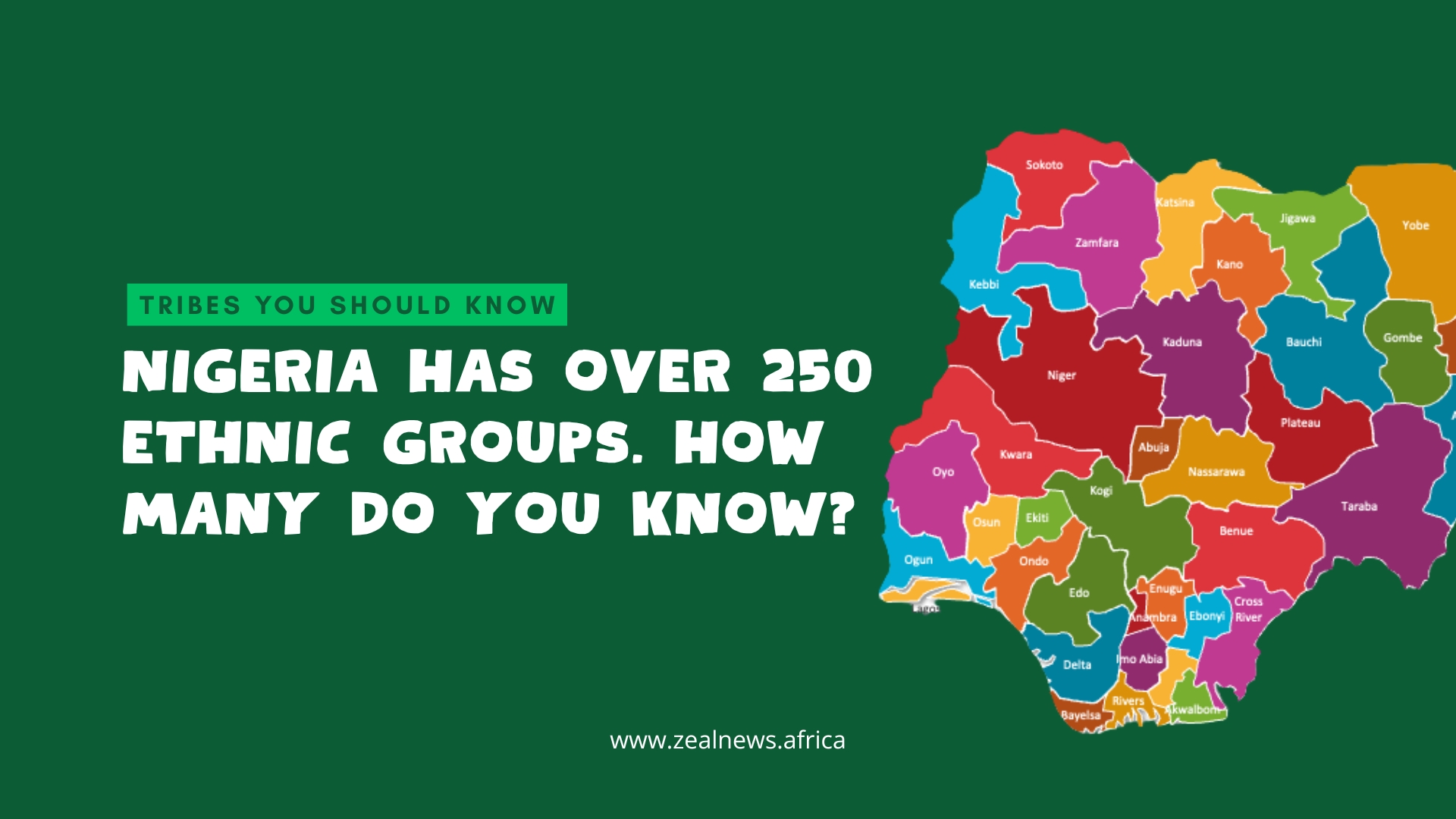West African Turmoil: Ex-President Jonathan Rescued Amidst Guinea-Bissau Coup Chaos!

Guinea-Bissau experienced a military coup d'état on Wednesday, disrupting its ongoing electoral process and plunging the West African nation into political uncertainty. Military authorities seized power, announcing the suspension of all electoral activities, an immediate closure of national land, air, and sea borders, and the imposition of a nationwide curfew. This swift takeover occurred amidst reports of heavy gunfire near the presidential palace and electoral commission headquarters in Bissau, just as the country awaited the official results of Sunday’s presidential and legislative elections, in which both incumbent President Umaro Sissoco Embaló and opposition candidate Fernando Dias had prematurely claimed victory. President Embaló, along with senior government figures including the Armed Forces Chief of Staff, Deputy Chief of Staff, and Interior Minister, were arrested by the soldiers.
General Denis N’Canha, head of the presidential military office, addressed journalists on Thursday, stating that a command comprising all branches of the armed forces had assumed leadership of the country until further notice. He justified the coup by claiming to have uncovered a plot to destabilize the nation, allegedly involving national drug lords and the introduction of weapons aimed at altering the constitutional order. However, within 24 hours of the coup, General Lansana Mansali, Inspector General of the Armed Forces, announced the reopening of all borders, signaling a partial reversal of the initial military directives.
The coup triggered immediate and strong condemnation from international bodies. The African Union (AU) Election Observation Mission, the ECOWAS Election Observation Mission, and the West African Elders Forum issued a joint statement on Thursday, expressing serious concern over the military's actions. They deplored the disruption of a process that had seen orderly and peaceful voting, urging the AU and ECOWAS to take all necessary steps to restore constitutional order and calling for the immediate release of all detained officials, including those in charge of the electoral process. The Chairperson of the AU Commission, Mahmoud Ali Youssouf, unequivocally condemned the coup, reaffirming the AU's zero-tolerance stance on unconstitutional changes of government and stressing that Guinea-Bissau’s National Electoral Commission (CNE) remains the only legally empowered body to declare official results. Both the AU and ECOWAS pledged readiness to work with international partners to safeguard democratic institutions.
Amidst the instability, former Nigerian President Goodluck Jonathan, who was leading the West African Elders Forum Election Observation Mission in Guinea-Bissau, found himself temporarily trapped in the country. The Nigerian House of Representatives on Thursday unanimously urged the federal government to intensify diplomatic efforts to ensure his safe return. The Nigerian government, through the Ministry of Foreign Affairs, had already condemned the coup as a blatant violation of the ECOWAS Protocol on Democracy and Good Governance, emphasizing its undermining effect on regional stability and constitutional order. They also called for the safety and security of all election observers and urged the military junta to prioritize peaceful dialogue and respect the will of the people.
By Thursday afternoon, the Federal Government of Nigeria confirmed that Goodluck Jonathan was safe and had departed Guinea-Bissau. Ministry of Foreign Affairs spokesperson, Kimiebi Ebienfa, stated that Jonathan, along with his delegation, was evacuated by a special flight, escorted by military personnel for his protection. He landed in Abidjan before continuing his journey to Abuja, Nigeria, bringing relief to many Nigerians concerned about his safety. The incident underscored the broader responsibility of the Nigerian state to protect its citizens abroad.
Guinea-Bissau has a long and troubled history of political instability, marked by repeated coups, military interference in governance, and contested elections since gaining independence from Portugal in 1974. The nation has witnessed over nine coup attempts, several of which were successful, with the military frequently playing a decisive role in political transitions. President Embaló himself had survived a major coup attempt in February 2022. The recent elections were closely monitored by regional and international observers, as they were seen as a critical test for the country's fragile democratic institutions and stability.
You may also like...
Tribes You Should Know: The Bwatiye, the Kamwe, and the Nigeria That Doesn't Trend

A deep dive into the Bwatiye and Kamwe of Adamawa State—two resilient Nigerian groups with rich histories, resistance st...
Climate Policies Exist on Paper — Implementation Is the Real Problem

Climate policies exist across Africa, but weak funding, poor coordination, and limited enforcement prevent real action. ...
Natural ways to reduce gray hair without dyeing it

Read about natural ways to reduce gray hair without dye using nutrition, herbal remedies, and lifestyle changes that sup...
Star Wars' Original Inspiration Gets Shocking Amazon Remake!

MGM+ is bringing a new eight-episode drama, "The Magnificent Seven," to screens, featuring Oscar nominee Matt Dillon as ...
Netflix Pirate Epic Smashes Barriers: First-Ever Theatrical Release for 86% RT Hit!

The second season of Netflix's live-action 'One Piece' is set to premiere on March 10, 2026, with a special theatrical f...
Childhood Feud Confirmed: Hilary Duff Admits Crashing Lindsay Lohan's Premiere!

Hilary Duff has finally confirmed that she intentionally attended Lindsay Lohan's <em>Freaky Friday</em> premiere in 200...
Kelce Spills Secrets: What Taylor Swift Is Up To In Offseason!

Travis and Taylor Kelce, known as 'Tayvis,' have been enjoying their offseason, watching the Winter Olympics and celebra...
Asa's Latest Style Statement: White Macramé & Silver Fringe Steal the Spotlight

Singer Asa recently broke her social media silence by sharing captivating new photos on Instagram, showcasing her signat...